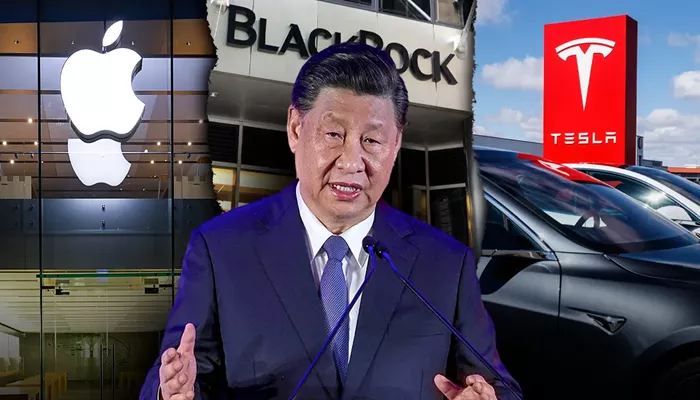Foreign business leaders, including the heads of German automakers BMW and Mercedes, as well as Qualcomm, are set to meet with Chinese President Xi Jinping in Beijing this week, two sources confirmed on Thursday.
The meeting, scheduled for Friday, comes as Chinese authorities aim to strengthen ties with international companies. This comes amid a decline in foreign investment and ongoing US tariffs that are targeting the world’s second-largest economy.
The meeting follows last weekend’s China Development Forum (CDF), where Premier Li Qiang encouraged countries to open their markets and tackle “rising instability and uncertainty.” Li also committed to implementing more active macroeconomic policies in China.
Executives from major global companies, including Apple, Pfizer, Mastercard, and Cargill, had discussions with Chinese commerce ministry officials during the CDF.
The sources, who requested anonymity due to their lack of authorization to speak publicly, did not reveal any specifics about the planned talks between Xi and the executives from Mercedes, BMW, and Qualcomm. The companies involved did not immediately respond to requests for comment, and the Chinese foreign ministry also did not provide an immediate statement.
The frequency of meetings between foreign executives and top Chinese officials has increased over the past month. This follows data showing a 27.1 percent drop in foreign direct investment (FDI) in China for 2024, the largest decline since the 2008 global financial crisis.
Global companies have been shifting manufacturing away from China in an effort to diversify their supply chains and reduce risks amid growing geopolitical tensions. Additionally, China’s slowing economy and a crackdown on consultancy and due diligence firms have unsettled some foreign executives.
Beijing is also keen to repair relationships with global business leaders, especially in light of tariffs imposed by former US President Donald Trump. These efforts come as China remains a crucial market for German automakers such as BMW, Mercedes, and Volkswagen, despite increasing competition from Tesla and Chinese companies like BYD and Xiaomi.
The importance of the Chinese market may grow further following Trump’s announcement of a new 25 percent tariff on imported autos to the US, set to take effect on April 3. In response, German automakers have been seeking technology partnerships with Chinese companies to enhance their competitiveness in the Chinese market.

